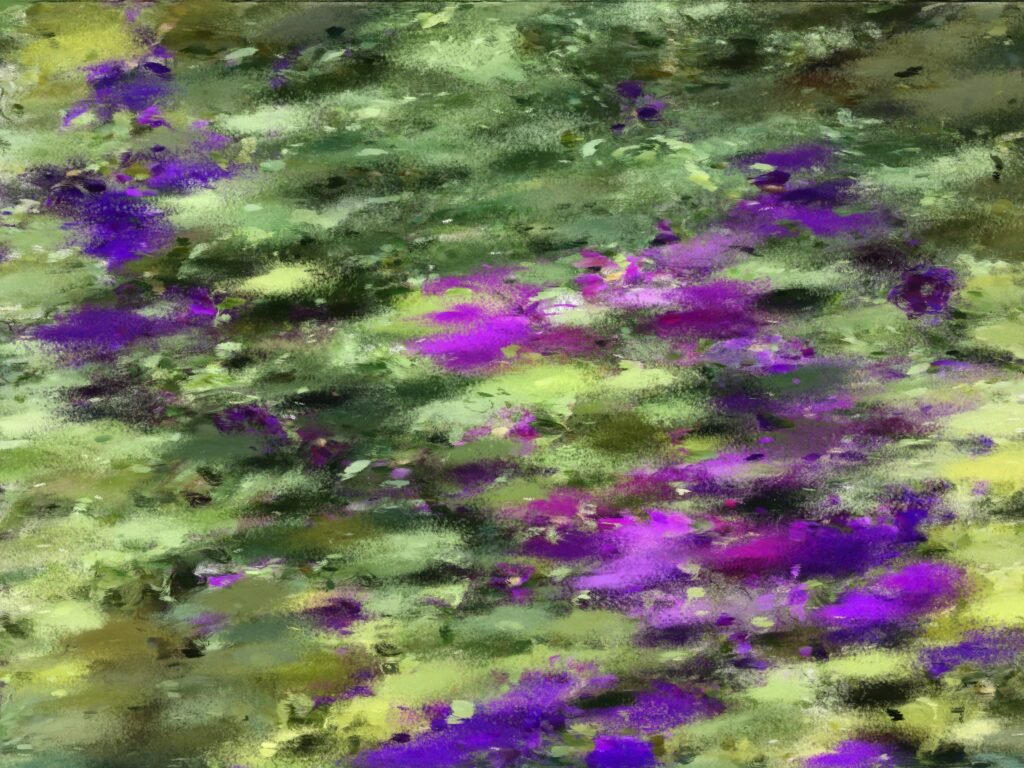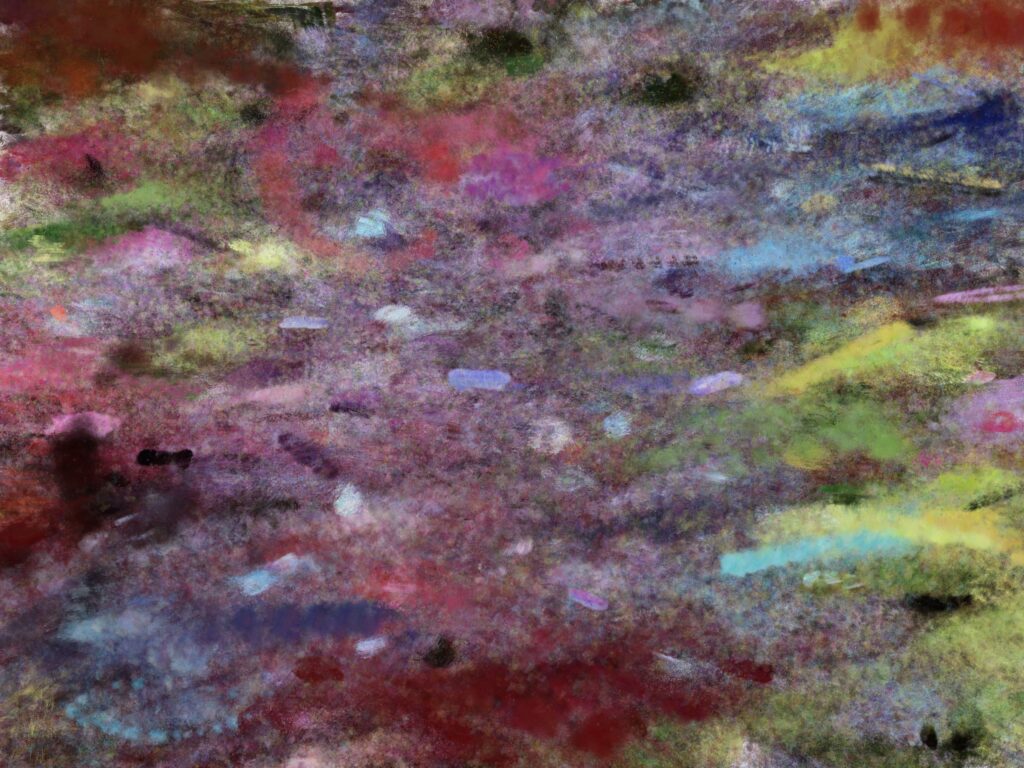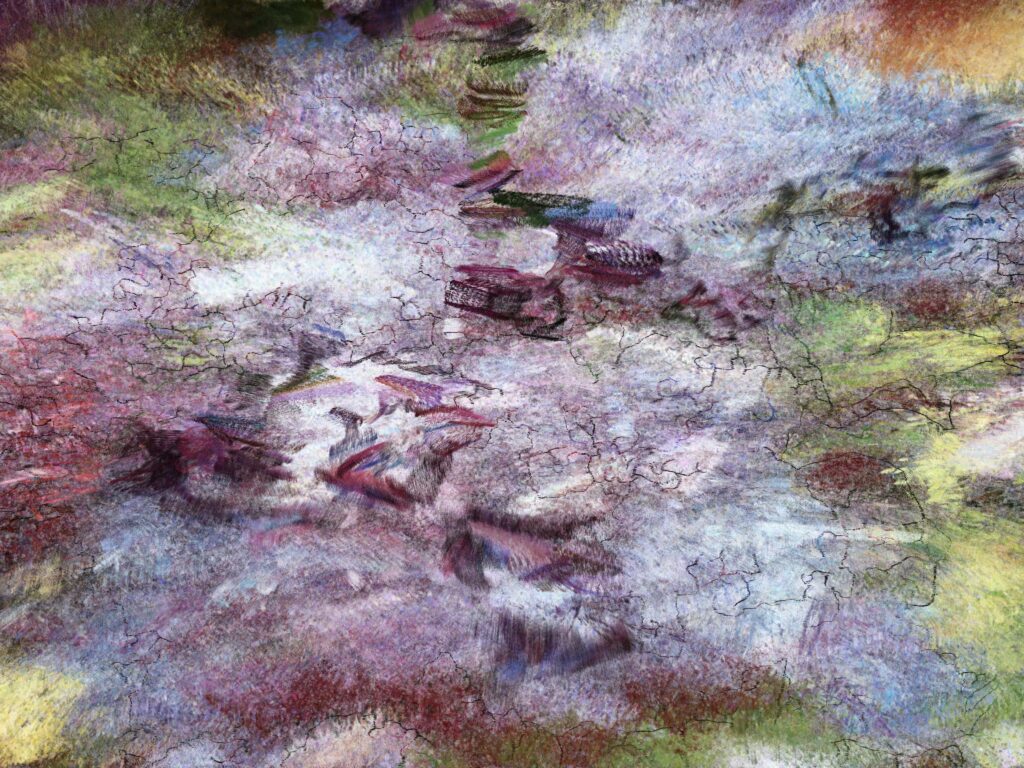Not an obituary.
In February, my aunt passed away. We had the memorial, of sorts, this past weekend — and by ‘we’, I mean my extended family in Portland. Before the coronavirus shut everything down I had been planning to fly back immediately afterwards, to be there, but ended up deciding to stay in London.
My aunt had struggled with medical issues most of her adult life, having accidentally been shot in her 20s by her (at the time) husband in the process of cleaning (what turned out to be) a loaded gun. The gunshot almost killed her, and she was saved (as she often told me) only by virtue of living on a military base with experienced combat medics fresh from Vietnam. Afterwards, they moved back to Oregon, living in rural St. Helen’s, just north of Portland, where they had both grown up. This was before the mountain blew up in May 1980 — an event remembered more in my family for an uncle (my aunt’s younger brother) who also almost died around the same time after fracturing his spine ski jumping on Mount Hood. The extent of the injury was only discovered a few days after the accident, when he had the left side of his body go numb after going over some train tracks in car. He was hitchhiking at the time, and fortunately the driver had the foresight to take him to the hospital for a second opinion.

By the time I was born, my aunt was divorced (but still friends, which tells you something about the kind of person she was) and living in the ‘Painted Lady’, a sagging Victorian heap in Sellwood which was also my first home. Under the influence of her grandmother, who had run a flower shop back in Ohio (where she was born, before the whole family moved West), she had gotten into plants, after a stint running a window blind factory in the dodgy industrial strip on the east bank of the Willamette. She took classes at Mt. Hood Community College, paid for with scholarships from ‘the little old ladies’ as she liked to all them. Later she started a landscaping company with the uncle who (now with two fused vertebrae in his neck) also helped her build a kiln in her backyard, where she made fused glass art and chunky pottery. So that was where I grew up — in the great and glorious mess of my aunt’s house, filled with junk from estate sales and art projects inside, and plants and more junk and art projects outside. We moved out of the upstairs loft before I can remember, eventually moving into a house on the southside of Mount Tabor (another volcano) but it felt like my aunt was always there too. One of the first projects on that house was tearing out the front lawn to put in Japanese-inspired rock garden with native plants, and later we redid the bathroom together with broken tiles — the garden is still there, even though we sold the house years ago. I’m not sure about the bathroom.
My aunt had two nicknames for me — the first, Elvis, because I was born on January 8, and the second, Dogmeat, because I was always getting into trouble (but never wanted to own up to my part in it). “Alright Dogmeat, we need to talk…” was her way of getting my attention and keeping me honest. I got picked on a lot as kid, and like most kids who got bullied, that often meant selling out the kids who had it even worse than I did. But eventually I learned to find my people — the other nerdy, artsy kids — especially in middle school when I lucked out and ended up in a magnet school that had been started by a group of old Portland hippies. My aunt was a big influence there too, although I’m not sure I thought about it much at the time. Actually, I’m almost certain I didn’t think about it. By then, the things my aunt cared about were just a part of who I was, like air or water.
The same was true of movies and books. My dad got me into the Redwall books, and my mom introduced me to the sci fi & fantasy she read when she was a kid — Madeleine L’Engle and Narnia — but my aunt was the one who made me read The Hobbit and The Lord of the Rings, and showed me movies like Ladyhawke, Blade Runner, Total Recall and E.T. Later, when I went through my zine phase, she turned me on to old school alt-comix like R. Crumb and Life is Hell. From there it was a short jump to new wave and cyberpunk, the Beats and many others — most of whom I read at the library, or from paperbacks picked up at Powell’s or Goodwill back when used books were still cheap. Summer jobs moving rocks and trimming hedges for my aunt and uncle’s landscaping company paid for my reading habit, and also CDs when I got into punk music in high school (as one does).

Around the same time as I started middle school, my aunt’s older sister moved back to Portland from the Bay Area, ending up in the upstairs loft of the Painted Lady. So then I had two aunts looking out for me. When I decided to wanted to go to Germany (partly to get away from parent’s extended divorce) for my junior year, my aunts helped convince my mom that it was a good idea. And when I dropped out a few months after coming back from Germany, it was my aunts who who forced my to take the GED before heading off to work on an organic farm in New England. If they hadn’t done that, I probably wouldn’t have bothered with the hassle of going back to school. (Dogmeat strikes again…) And if I hadn’t gone to Germany, I probably wouldn’t have had the confidence to do year in China in college, either. My siblings and cousins (and aunts and uncles) can all tell similar stories about having had their butts saved by my aunts.
My aunt first told me she was dying around the time I was graduating from college. I think I always knew, the same as everyone else in my family knew, but I remember having “the talk” around then. She explained that, because of complications from the gunshot, she had scleroderma, a hardening of skin, which would eventually turn her organs hard, too. Eventually she wouldn’t be able to breathe or eat anymore, and that, as they say, would be that. I think she was telling me because she knew that I was thinking about going back to China and she wanted me to be prepared for the fact that we might not get to say goodbye. As it turned out, she lived another ten years, half of which I was able to spend in Vancouver, just a train ride away.
In a way, my aunt was an even bigger part of my life after college, albeit at a distance, over long, rambling phone calls at odd hours of the day. She helped my mom through breast cancer — twice. And she was one of the first people I introduced my wife (then fiancee) to, after my parents, and she got to see us (in photographs and videos at least) get married — also twice, once in Harbin, and once in Portland.

The second time my aunt told me she was dying, I knew the gig was up. My wife and I were back in Portland for Christmas, and we wanted to go see her, but she wouldn’t let us. It always embarrassed her to be treated like an invalid. One of her last wishes before she died was that we not hold a service or put an obituary in the paper for some of the same reasons, I think. Death and dying just weren’t very interesting topics for her as long as she was alive, and she always devoted more of her energy to taking care of others than she did to herself.
It’s been strange to go through the pandemic already mourning the loss of someone so close to me, but mostly unable to see or communicate with the people who knew her like I did. Our family is close, but we tend to show that closeness through gatherings — it’s never been easy for me to feel like I’m doing a good job of staying in touch from a distance. With my aunt, we all had our phone calls, but that has meant that our individual relationships with her were personal in a way that has been hard to share.
But as my cousin, who like me, hasn’t lived in Portland in years, put it much better than I ever could, “If this pain of having lost her is the cost for all of the love she gave to me, I will willingly pay it. I love you all very much and look forward to the day we can all be together again.”



